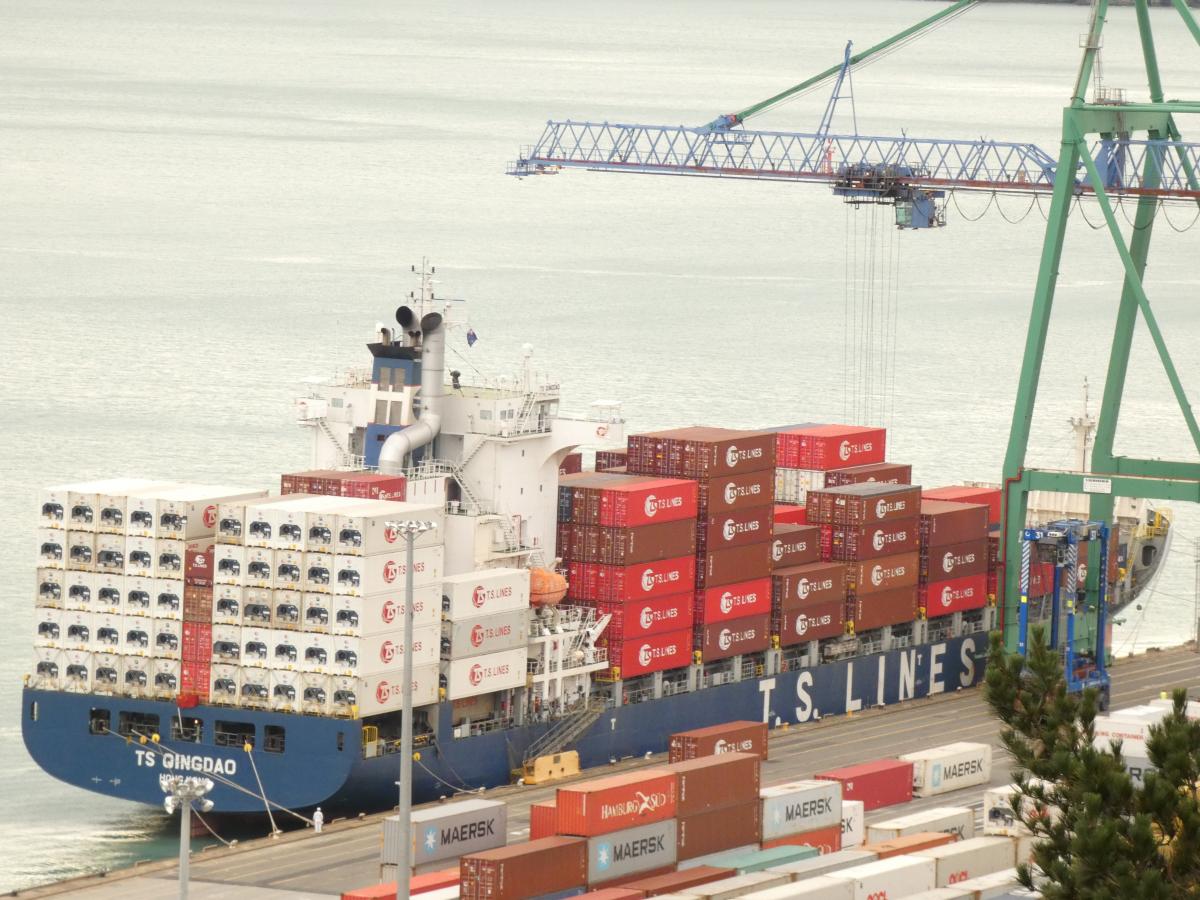The national carrier estimates earnings before taxation for the 2025 financial year to be within a range of $150m to $190 million, compared with $222m last year.
“The airline is engaged in ongoing negotiations with engine manufacturers regarding appropriate levels of compensation for unserviceable engines, and accurate timeframes for engine returns,” it said in statement to the market.
“These discussions continue to be complicated, but Air New Zealand is exploring all possible avenues to ensure a fair outcome.”
As a result, 11 aircraft were grounded, though the airline had secured seven additional leased engines and one further owned spare engine to stabilise the number of grounded narrow body jets.
Given the ongoing uncertainty, the airline expected compensation in the second half to be in a range of $35m to $40m, which compared with $94m in the first half.
Also included in the second half was $20m of unused customer credits considered highly unlikely to be redeemed.
The range also assumed fuel at US $81 per barrel for the remainder of the financial year.
Air NZ said it was benefiting from lower fuel prices, though its operations were configured to operate around 8 to 10 more jet aircraft than were available.
“Adjusting the business to reflect fewer aircraft in the short-term introduces considerable complexity, especially as engines begin returning to service and capacity ramps up again,” it said.
The airline said recent United States tariff announcements added uncertainty to the broader demand environment.
“While no material changes in bookings or cargo have been observed, the company is closely monitoring the situation,” it said.















